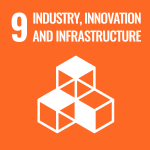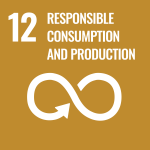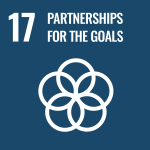Value chains join forces to close the loop on recycling batteries
Imagine if one factory could use the recycled products from another? In Finland, three companies are planning to join forces to do exactly that. They intend to form a battery recycling cluster, serving the electric vehicle market.
Fortum is in the process of planning a new recycling plant in Harjavalta. By combining batteries and related services to the company’s strong presence in sustainable energy production and recycling, Fortum is a valuable partner in the value chain, from collection and dismantling to extraction of battery metals.
Metals from recycled batteries can be used in new lithium-ion batteries, the engine for powering electric vehicles. Nornickel Harjavalta produces nickel, one of the main metals used in Li-ion batteries. A modern recycling unit next to their plant would further strengthen their position as a sustainable nickel refinery. Using recycled metals in lithium-ion batteries reduces the environmental impact of electric car batteries because the supply of cobalt, nickel and other critical metals doesn’t come solely from primary sources.
BASF intends to use these recycled metals in its planned battery materials precursor plant in Harjavalta, Finland. BASF also intends to generate recycled materials through high efficiency lithium extraction. Additional CO2 reduction can be achieved by using electricity from renewable sources in Finland for the recycling process.
Value chains joining forces, as these three companies are planning, is extremely valuable in finding solutions to make products more circular. Components of old batteries are used for making new ones, and once those reach their end-of-life, the process starts anew. Driving your electric vehicle has never felt so good.
Associated SDG targets


